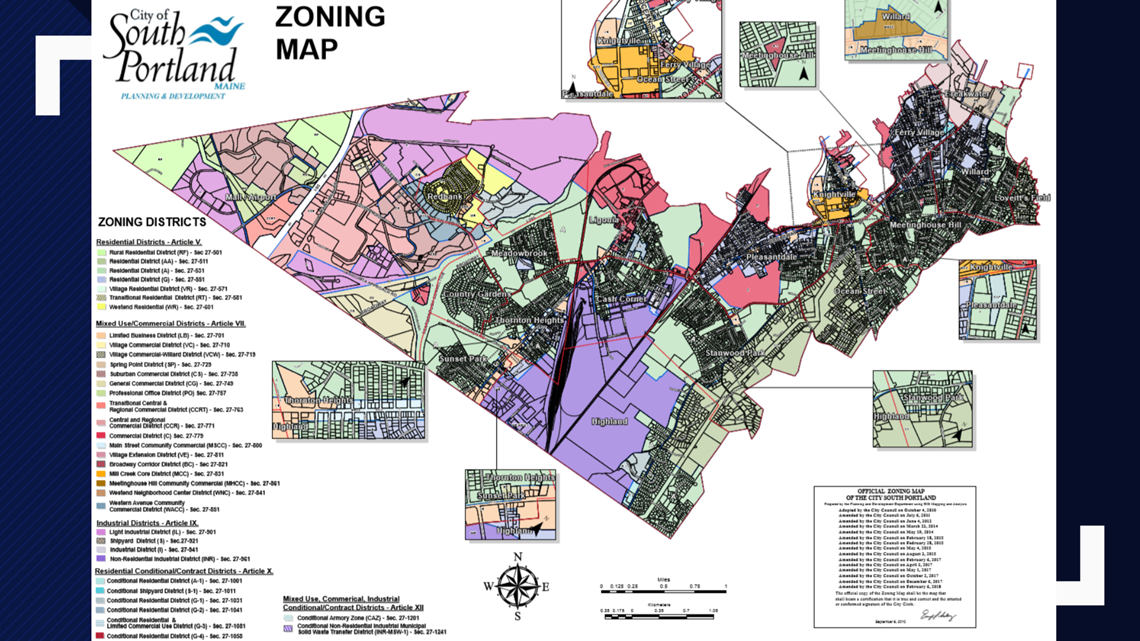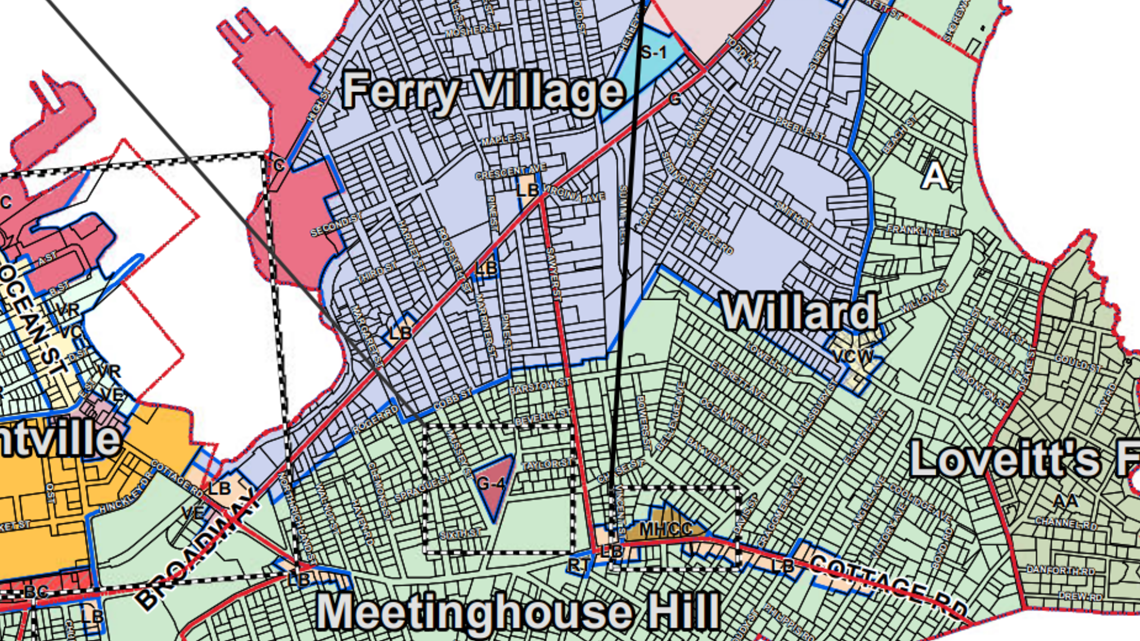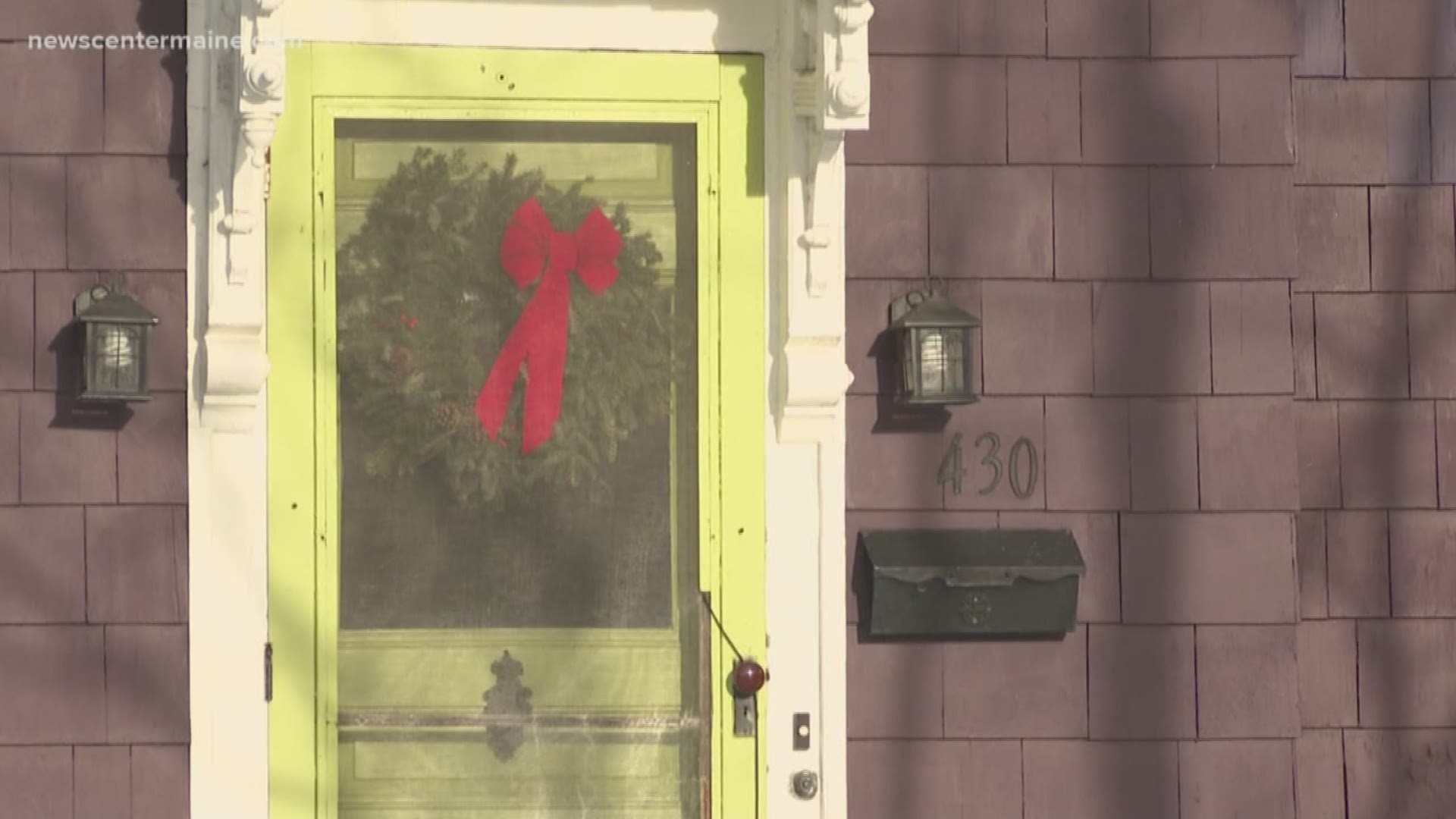SOUTH PORTLAND, Maine — Some property owners in one small corner of the Willard neighborhood in South Portland said they were wrongly denied permits to use their properties as short-term rentals.
The ordinance went into effect on January 1. It prohibits property owners from having non-hosted home stays, such as a vacation rental, in all residential zones in the city.
One of the popular neighborhoods is near Willard Beach. The majority of that neighborhood is zoned as "residential," according to a City of South Portland zoning map.




The city classifies one corner of that predominantly residential neighborhood as "VCW:" Village Commercial Willard.
Some people say they own property in the VCW, and are trying to register them as Airbnbs, but are being denied by the city.
South Portland's new ordinance prohibits a non-hosted home stay, such as renting it out as an Airbnb, in anything but a "single-family detached dwelling unit," or more commonly, a house, but, only in areas the city classifies as "commercial" or "mixed use" zones.
"It was confusing up until this point even what that meant," said Shirley Thoman, whose application for her condo in the Willard Square area, which is considered a commercial zone, was denied.
She said it was denied because her condo is in the same building as other units.
"It's frustrating because it wasn't expected at all," said Thoman.
Bar Harbor town staff are considering new rules for people who want to rent out their homes on websites like Airbnb. One of the proposed changes is raising the fee for permits from a one-time cost of $50 to a yearly fee of $250. That's how the city plans to pay for enforcement of the five-day minimum stay, which renters are ignoring, according to code enforcement officer Angela Chamberlain.
"I'm a staff of pretty much one person. I'm the only code enforcement officer and realistically there's no way for me to monitor and follow up with 400 to 500 vacation rentals every year," said Chamberlain.
The price hike is proposed in the budget, which will get voted on in June.
Thoman said she and her husband now have to call people who have already reserved their home for vacations later this year, and cancel. She said doing so will lower their "Superhost" rating, which is awarded to hosts based on cleanliness of the home, responsiveness, etc.
"I just wish it could be grandfathered in somehow," said Thoman.

